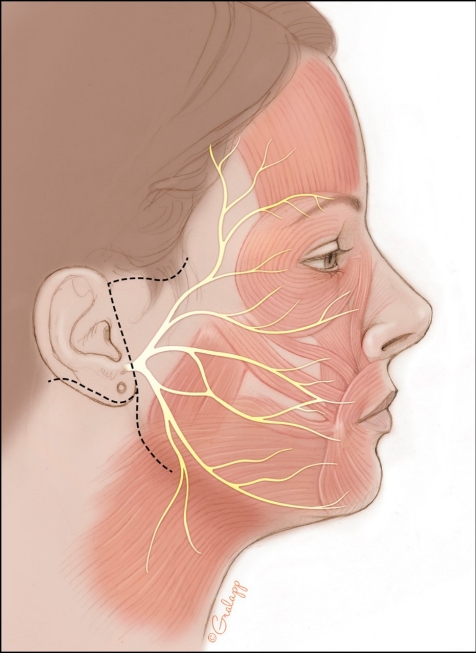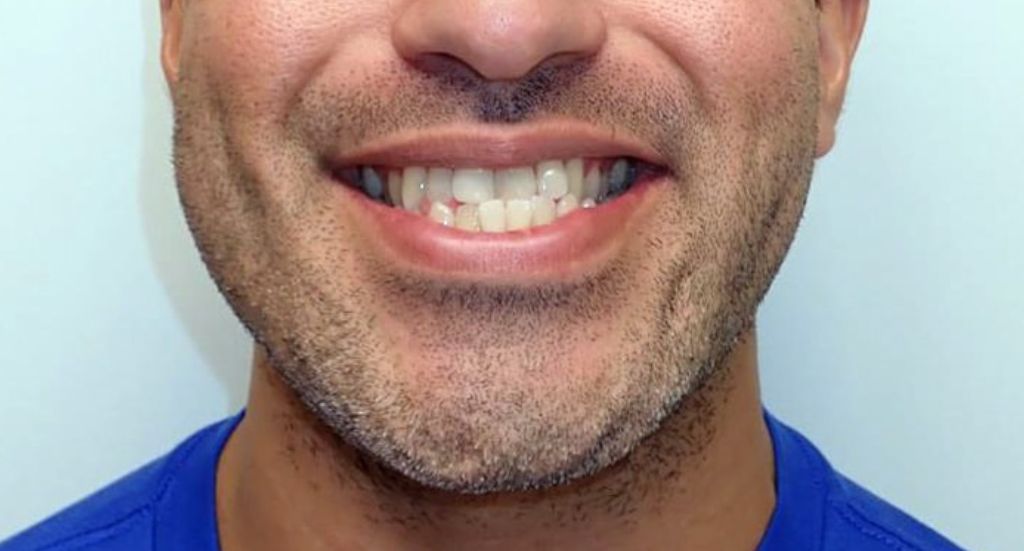Living Your Life With An Imperfect Bite: The Healthiest Choice
For decades, people have been told that a “bad bite” is a medical condition that must be fixed—often through braces, surgery, or other aggressive interventions. Orthodontists and surgeons frame malocclusion (bite irregularities) as a defect that will inevitably cause harm if left untreated. Yet the reality is far more reassuring: most bite variations are tolerable, non-threatening, and entirely compatible with a healthy, fulfilling life.
The Myth of the “Dangerous Bite”
One of the most common reasons patients are pushed toward jaw surgery is the fear that their bite will cause long-term problems. They are told their teeth will wear down, their joints will deteriorate, or their ability to chew and speak will decline. While this sounds persuasive, research does not support such sweeping claims.
Most people with imperfect bites live their entire lives without major functional problems. Mild to moderate malocclusion is not a disease—it’s simply a variation, much like having one ear slightly higher than the other or a nose that isn’t perfectly straight.
Adaptation and Tolerance
The human body is remarkably adaptable. Even when teeth don’t fit together in textbook-perfect alignment, the muscles of the face, the joints of the jaw, and the nervous system adjust. People learn to chew, speak, and function comfortably with their natural bite.
In fact, studies show that jaw and bite variations are common in the general population, yet only a small fraction ever cause clinical issues. The majority of individuals never pursue treatment—and never need to.
The Problem With Pathologizing Normal
By labeling every deviation from “ideal occlusion” as a problem, the medical system creates unnecessary anxiety. Many patients are told that even minor irregularities will become catastrophic later, but this is speculative and rarely borne out in real life.
In truth:
Teeth wear occurs naturally in everyone, with or without a perfect bite.
TMJ disorders have many causes, and are not strongly correlated with bite differences.
Chewing efficiency is rarely impaired by mild malocclusion; the body adapts seamlessly.
When these conditions do arise, they are not automatically caused by bite issues, nor are they guaranteed to be prevented by surgical correction.
Acceptance as a Healthier Path
Instead of pursuing drastic interventions, many people can choose acceptance:
Your bite is not a threat. Unless you have extreme, debilitating problems, you can live normally without surgery.
Adaptation works. The body naturally compensates, often without you even realizing it.
Treatment carries risk. Surgeries and orthodontics can introduce far more harm—pain, numbness, altered appearance—than the bite itself ever would have caused.
Accepting your natural bite is not “giving up.” It is recognizing that imperfection does not equal illness. It is choosing to live free from unnecessary medicalization, and trusting that your body’s built-in resilience is often the best treatment of all.
A Different Perspective
Not every variation needs to be “fixed.” Medicine is increasingly recognizing that overtreatment can cause more harm than good. Just as we no longer remove tonsils or extract wisdom teeth in every case “just in case,” we should also question whether intervening on every non-ideal bite is truly necessary.
By shifting perspective, patients can reclaim peace of mind: your bite may not be perfect, but it is perfect for you and likely perfectly acceptable.


